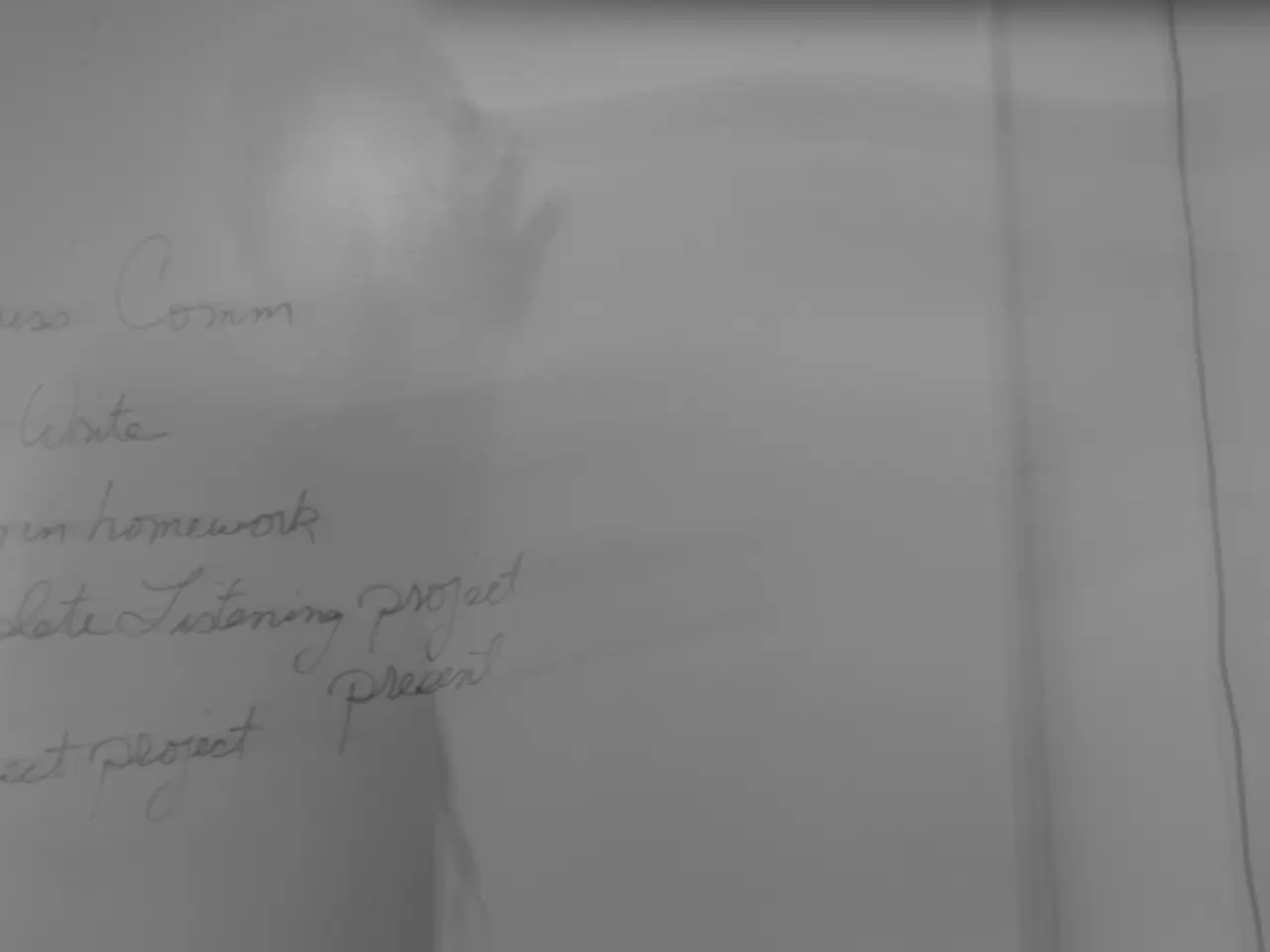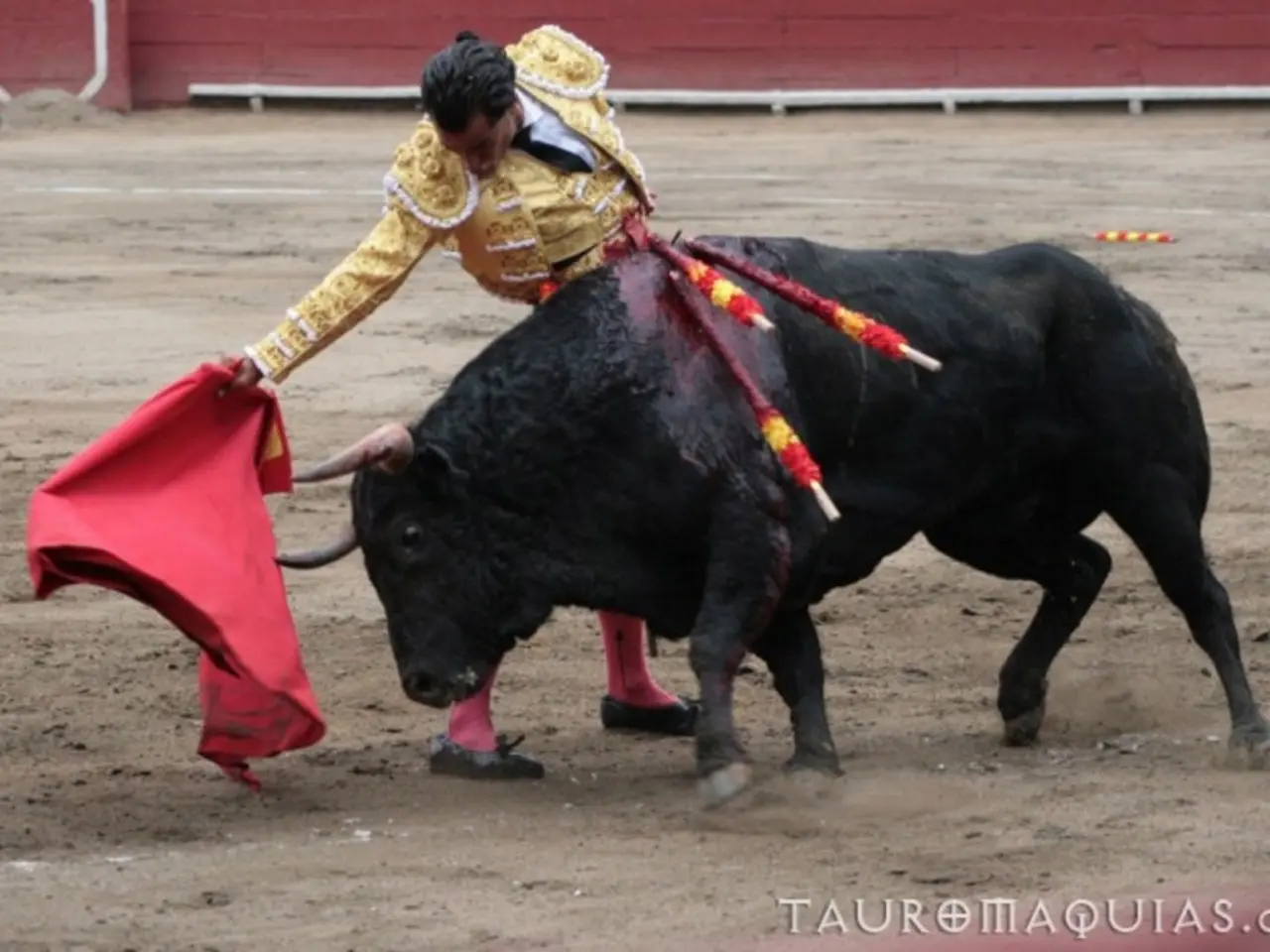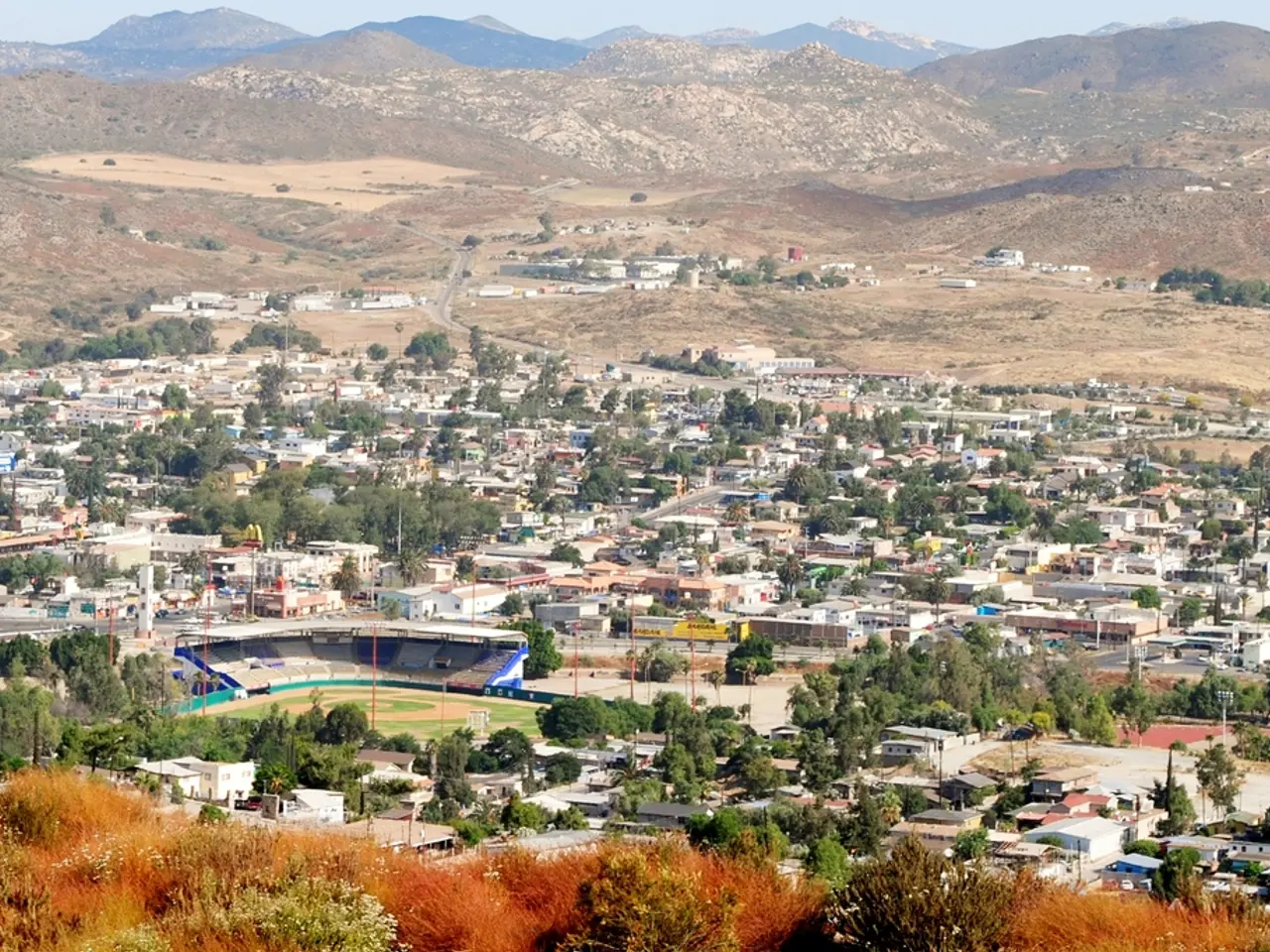Rapid growth in coffee consumption and no-tax regulations fuel China's efforts to increase African coffee imports
In the world of coffee, China is making a bold move to secure new supply chains, and one Chinese brand, Cotti Coffee, is at the forefront of this effort. Founded by former Luckin Coffee executives, Cotti Coffee is spearheading China's push into Africa's leading coffee-producing nations.
Cotti Coffee, which operates more than 14,000 shops, has expressed interest in procuring 5,000 tonnes of Ugandan Arabica beans a year. This strategic move is part of a broader effort to secure new supply chains overseas, leveraged due to US tariff uncertainty.
The strategy also aligns with China's growing domestic coffee demand and its desire to "lock in supply" amid global tariff uncertainties. China's approach combines tariff incentives with targeted engagement of Africa's leading coffee producers, such as Ethiopia, Uganda, Kenya, Tanzania, Burundi, and Ivory Coast.
These nations are benefiting from China's zero-tariff policy on imports from 53 African nations, making African coffee more competitive in the Chinese market. This policy aims to boost direct coffee imports from major African producers, reducing costs and encouraging trade ties, thus diversifying China's sources beyond traditional suppliers like Brazil.
Rwanda is also part of this strategy, with its agriculture ministry signing an agreement with Cotti Coffee to invest in a new coffee industry development park. China's largest coffee chain, Luckin Coffee, is also actively involved in securing supplies through large-scale deals, indicating that Africa is part of a broader, multi-regional sourcing strategy.
Sub-Saharan Africa geoeconomic analyst Aly-Khan Satchu has made a statement, suggesting that China's strategy is to "lock in supply" overseas. This strategy is utilized by China across various verticals, not just coffee, as China seeks to secure its resources in a world of increasing global trade uncertainties.
The result of this push is a "super spike in coffee demand in China," creating opportunities for African coffee-producing nations to access China's expanding market. As Cotti Coffee discusses plans for local processing factories in Uganda, it seems that China's strategy is paying off, with both parties set to benefit from this new partnership.
[1] "China's Coffee Push into Africa: A New Era for African Coffee Producers?" (The Diplomat, 2022) [2] "China's Zero-Tariff Policy Boosts African Coffee Imports" (Reuters, 2022) [3] "Cotti Coffee's African Ambitions: A Game Changer for African Coffee?" (The African Business, 2022) [4] "Rwanda and Cotti Coffee Sign Agreement for Coffee Industry Development Park" (New Times, 2022) [5] "Luckin Coffee Secures $2.5 Billion Deal with Brazilian Exporters" (CNBC, 2022)
- The diplomatic overtures by China, as demonstrated by Cotti Coffee's ambitious growth in Africa, signify an intriguing blend of business and culture, aiming to secure new trade routes and tap into the untapped potential of African coffee-producing nations.
- As the world grapples with economic uncertainties, China's strategic maneuvering in securing coffee supplies from Africa, leveraging its zero-tariff policy, serves as a testament to its adaptive approach in the global trade arena.
- The expansion of Cotti Coffee and other Chinese entities into the realm of sports, such as sponsoring sports events in Africa, could be a strategic move to further solidify economic ties and promote a mutually beneficial cultural exchange.








